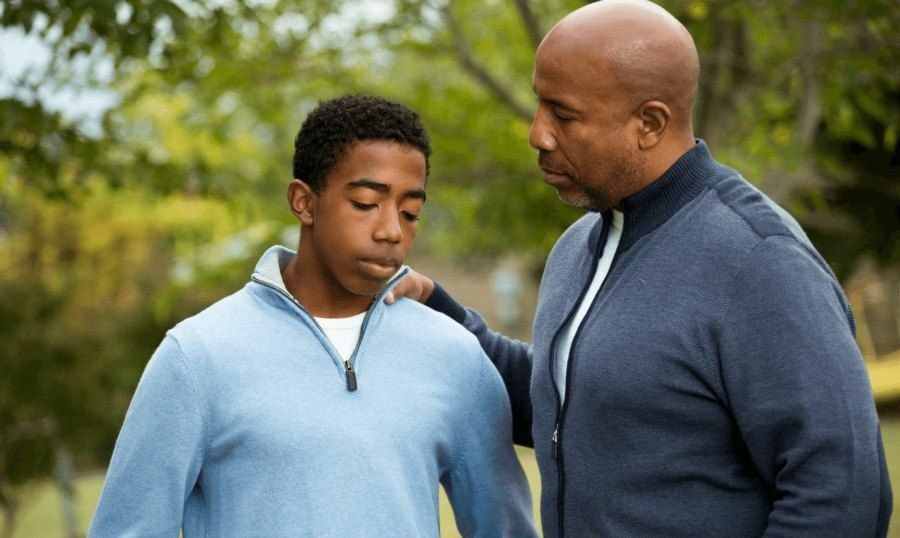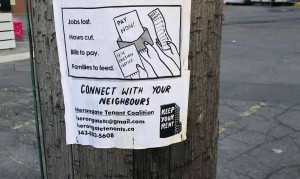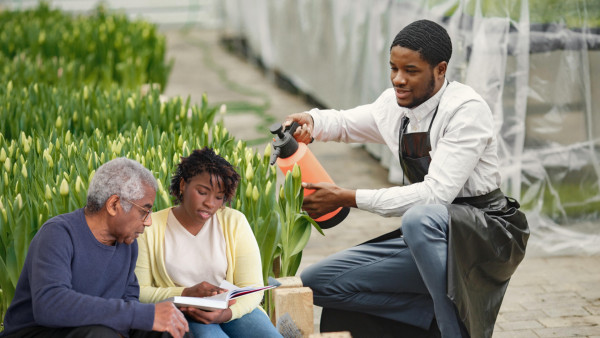Travelling Outside Of The Province With My Child
Most child custody agreements are customized to the parents’ and child’s needs and will be different. Generally, when a parent wants to travel with a child for an extended period of time, they will need the other parent’s permission. A unique issue faces parents who travelled to a part of the country that has not been as impacted by COVID-19 (for example, Manitoba) and do not want to return their child to an area that is heavily impacted by the virus, such as Toronto. While such a position, if sincere, is commendable, a parent is not allowed to change a custody agreement or the status quo without a Court order or the consent of the other parent. As a result, if you were travelling with your child, you must return them despite COVID-19.
Part of the Court’s reasoning in scenarios like these is that pre-existing child care arrangements should not be modified unless there is a reason to believe that the parent residing in the more populated area cannot protect their child from the virus.
Suspending a Parent’s Access During the Pandemic
If a parent believes that the other parent will not responsibly follow COVID-19 l protocol (that is, they will not socially distance themselves from others) they may ask the Court to temporarily suspend that parent’s access to their child. It will not be enough to merely raise this as an accusation, the parent asking the Court to suspend access will be required to show specific evidence and reasons why the other parent should be denied access during the pandemic. The parent who would like to maintain access must show that they are abiding by social distancing protocols and other COVID-19 safety measures such as using disinfectants and compliance with public safety directives.
Where one parent shows that the other parent’s actions or lifestyle fails to meet COVID-19 safety protocols or puts the child at risk of infection, the Court will likely suspend that parent’s access to their child. If a parent withholds access to the child without seeking approval, the Court is likely to side with that parent if they were justified in doing so to protect the child from COVID-19.
The Court has offered guidance to parents who are considering modifying child access arrangements during the pandemic.
These guidelines are:
- Where there is an existing order, there is an assumption that the Court order must be obeyed. On the other hand, given the global pandemic, our daily routines and activities must be suspended.
- Each family will have its own unique issues and complications. The Court will take this into consideration when making a decision.
- In each case, we must find a way to safely maintain important parental relationships. Parents may find it easier to come to an arrangement where the parent who no longer has in-person access has increased remote access to their child.
- A custodial parent ought not to assume that the global pandemic will automatically result in a suspension of access. Courts do not want to suspend access but will do so if a parent’s lifestyle or actions place their child at increased risk of contracting COVID-19. For example if the parent is voluntarily engaging in optional projects such as renovations of their home (which involves visiting stores/trades or hiring contractors to come into the home).
-
The Court wants to minimize the possibility of children becoming infected with COVID-19 while also seeking to maintain parental relationships and minimizing disruption. Parents are encouraged to take the same approach and come to an arrangement where there is minimal movement for the children while also allowing familial relationships to flourish. The nuances of each family will determine the most appropriate response. In one case, the court considered the long travel time between the two parents’ homes would necessitate bathroom breaks for the child which constituted an unnecessary exposure to the virus. In this time of uncertainty, parents are urged to put their children’s best interests first, which may require minimizing in-person access.
Front Line Workers Will Not Necessarily Lose Access To Their Children
The Courts have routinely held that a parent’s personal “risk factors” may require controls on access to their children. Risk factors include the parent’s lifestyle and even their career. The Court has unfortunately dealt with a number of scenarios where parents have refused to return their children to the other parent who is a front-line healthcare worker due to the risks surrounding COVID-19. While it is understandable for a parent to be concerned with any increased exposure to COVID-19, it is not the case that a front-line worker will lose access to their children. The Courts in Ontario have consistently found that medical staff who properly follow COVID-19 safety protocols when it comes to use of personal protective equipment and sanitation measures will continue to have access to their children, unless it can be shown that parent is failing to abide by the correct protocol. The Court has so far held that front-line workers who are properly trained are not putting their children at increased risk of contracting COVID-19. The Court is reluctant to send a message to children that their parent who is a front-line worker does not have the ability to ensure their safety during the pandemic. As stated above, it is not enough for a parent to allege that the other parent is increasing a child’s exposure to COVID-19. The parent must show the exact basis for this allegation and the Court’s response has been that the mere fact that a parent is a front-line worker is not enough. This is welcomed news for front-line workers who are working hard to protect the citizens of Ontario. It would indeed be an unfortunate scenario if parents felt that they had to choose between providing health-care services and accessing their children.
Supervised Access Will Likely Continue to be Suspended
For a variety of reasons, many parents may only have access to their children under supervision. Supervisions centers across the country have closed but many offer “virtual supervision.” The Courts have stated that supervised access is a clear breach of social distancing protocols and have suspended the requirement for supervised access in some cases. While the Courts generally view access to parents as in the best interests of the child, they will likely not require that supervised visits continue in order to protect the health and safety of all individuals involved, including the child, parents, and the access supervisor.
Tanya Walker obtained her law degree from Osgoode Hall at York University in 2005 and her Honours Bachelor of Commerce with a minor in Economics from McMaster University in 2002. She was called to the Ontario Bar in 2006. Tanya is currently serving a term as Bencher of the Law Society of Ontario; elected by her peers as not only the first Black elected female Bencher from Toronto, in the 220-year history of the Law Society, but also as one of the youngest sitting Benchers. Tanya is a frequent speaker on legal issues to the Toronto Community and regularly appears on the CTV Show, Your Morning as a legal expert. She has also been named in the 2017 and 2018 Lexpert Guides as one of the Leading Lawyers to Watch in Corporate/Commercial Litigation and is also the recipient of the 2018 Women’s Business Enterprise of the Year Award. Tel: 647-342-2334 ext. 302 Email: tanya(at)tcwalkerlawyers.com











